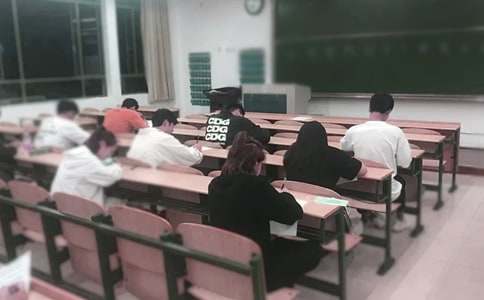- 相關推薦
2015年英語四級考試翻譯題帶答案
翻譯題一

中國人民依法享受超過115天的假期,其中包括104天的周 末和11天的節假日。中國一年中有7個法定假日,包括元旦(New Year’s Day),春節(Spring Festival),清明節(Qingming Festival), 五一勞動節(May Day),端午節(Dragon Boat Festival),中秋節(Mid- Autumn Day)和國慶節(National Day)。員工有5至15天的帶薪年假。學生和老師有大約三個月的寒暑假。在中國,暑假_般約在7月1 日開始,8月31日左右結束,寒假是根據春節的日期,通常是在1 月或2月。
參考譯文
Chinese people legally enjoy over 115 days off including 104 days of weekends and 11 days of festivals. China has seven legal holidays in a year,including New Year’s Day, Spring Festival, Qingming Festival, May Day, Dragon Boat Festival, Mid-Autumn Day and National Day. Employees have 5 to 15 days of paid annual leave. Students and teachers have summer and winter vacations for about three months. The summer vacation in China generally starts around July 1st and ends around August 31st,and the winter vacation usually falls on January or February according to the date of the Spring Festival.
翻譯題二
對于世界上很多國家來說,中國正迅速成為他們最重要的雙邊 (bilateral)貿易伙伴。然而,中國和世界其他國家之間貿易不平衡的 問題已經引發了關注。尤其是美國對中國的貿易赤字是最大的,達 到了 3150億美元,這個數字是十年前的三倍還多。貿易糾紛(trade dispute)也越來越多,主要是關于傾銷(dumping)、知識產權和人民幣的估價。
參考譯文
For many countries around the world, China is rapidly becoming their most important bilateral trade partner. However,there have been concerns over large trade imbalances between China and the rest of the world. The US in particular has the largest trade deficit in the world with China at $315 billion, more than three times what it was a decade ago. There have also been a growing number of trade disputes brought against, mainly for dumping, intellectual property and the valuation of the yuan.